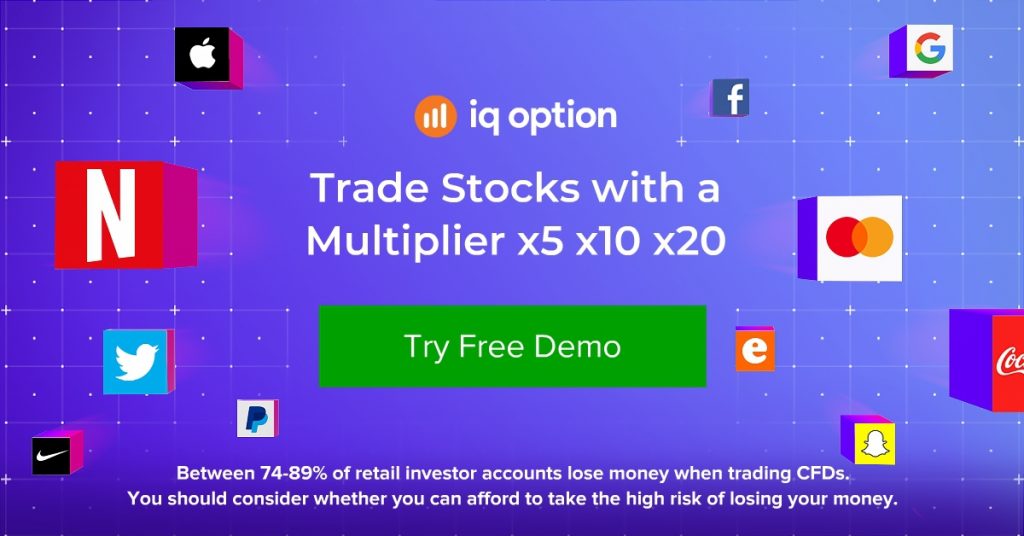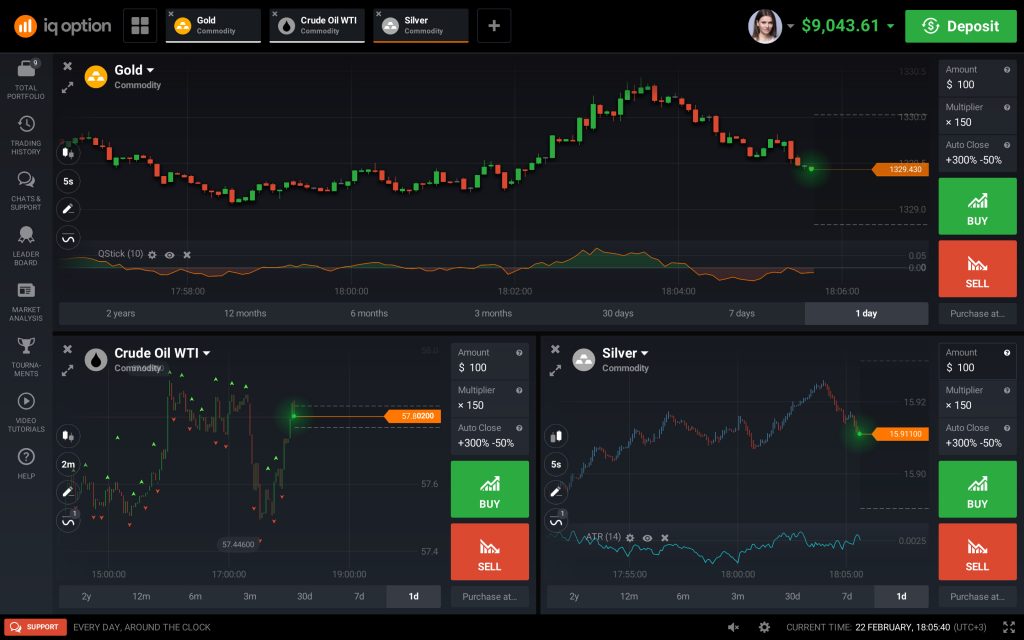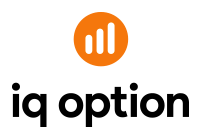IQ Option opened its doors for business in 2014. It marketed an extremely low minimum deposit, along with attractive deals to gain the support of a broad base of global customers. As regulatory regimes began to crack down on several industry practices, the management at IQ Option decided to refocus its efforts by offering access to only th emost popular trading instruments in the are of currency pairs, stocks, ETFs, and cryptocurrencies.
It retained its proprietary trading platform and CySec regulatory status, but it now permitted trading in 30 currency pairs, 190 stocks, 20 ETFs, and 12 crytocurrencies.
It appears that these changes have benefited this broker surprisingly well. In 2014, the operation had 950,000 accounts. By 2016, that number had climbed to more than 14 million, and since then, scores of new accounts have been added. At last count in 2022, its customer base now exceeds 90 million.

IQ Option Product Selection
As said above, the most significant changes in the fabric of IQ Option’s offer, came about in the financial product selection. The operator now offers ETFs, CFDs, Cryptocurrencies as well as straight-up forex trading. The tradable asset selection is decent within all those categories and the spreads featured are just superb in some instances.
The forex section is what the site seems primarily focused on these days. It features 30 currency pairs, from the EUR/USD pair, all the way to more exotic ones, like the CAD/JPY. The spreads – though variable – are simply amazing. On the EUR/USD for instance, they are in the 0.10% range, though there are much smaller spreads available as well.
Customers can now access 190 stocks and ETFs for CFD trading in addition to forex and cryptocurrencies.
The Cryptocurrency section is essentially one based on the trading of crypto-based CFDs. What this means is that those trading the cryptos will never actually get to possess any. CFDs are contracts for difference and they are based on the price-variations of the underlying asset. No fewer than 12 cryptocurrencies are supported here, from the most prominent, all the way to lower-rung currencies such as Dash, IOTA and Omisego. All the pairs featured in this section are crypto/USD ones.
Those looking to trade CFDs based on crypto/crypto pairs, will be able to do so in the CFD section. This is where pairs like LTC/BTC and ETH/BTC are offered, and the spreads are surprisingly attractive here too.
IQ Option Regulation
IQ Option possess license #247/14, from the Cyprus Securities and Exchange Commission (CySEC). What this license means is that the operation is MiFID-compliant and thus, it can offer financial services all over the EEA (European Economic Area). Trading access is unavailable in the following countries: Afghanistan, Albania, Australia, Belarus, Belgium, Canada, the Czech Republic, Iran, Israel, Japan, Latvia, North Korea, Palestine, Portugal, Russia, Spain, Switzerland, Syria, Ukraine, the UK, and the USA.
IQ Option Platform
IQ Option has retained its proprietary trading platform, which used to be one of the best in the industry. It was a sort of big fish in a little pond, and while it has retained all of its useful features, and more have been added, these days it is no longer an industry-leader in this regard. Its technical analysis-focused features are decent, but they are nowhere near the degree of complexity industry leaders, such as MT4, can deliver in this regard.
What exactly do you get at IQ Option technical analysis-wise? Charting is where technical analysis begins, and in this regard, IQ Option do indeed have most of the bases covered. Time frames can be changed at the click of a button, from 30 minutes all the way to 30 days. It wouldn’t hurt to have some smaller time frames available as well though. Traders can switch among no fewer than 4 chart types: Area – which seems to be the default option, line, candles and bars. For the spotting of various candlestick patterns, you will find the candle-chart the most useful, obviously.
No technical analysis suite would amount to anything without a proper set of graphical tools. At IQ Option, traders will be able to trace lines, trend lines, horizontal lines and Fibonacci lines. The heart and soul of every technical analysis-suite is its selection of technical indicators. At IQ Option, 12 such indicators are included in the package, and no, traders cannot install new ones. This selection covers the MACD, the MA, the Bollinger Bands, the Stochastic Oscillator and others.
Adding and removing various tradable assets is as easy as clicking a button too. No fewer than 9 real-time charts can be displayed at the same time. Trading is available directly off the charts.
The Open Positions section lets the trader track his/her trades in real time, while the Trading History section can prove useful for analyzing and learning from one’s past mistakes/successful trades.
The Chats and Dialogs section is an essential part of the platform. This is the module responsible for the social aspect of the brokerage. This is where traders exchange tips and trading signals. Indeed, sometimes, this section can take on the appearance of a virtual trading floor. It has to be noted that to keep the chat clean and spam-free, IQ Option have only made it available to their real money clients.
The Market Analysis section is a sort of Economic Calendar, which is indeed a must for everyone looking to trade the fundamentals one way or the other. Technical analysis in and of itself never provides a full picture in regards to trading opportunities. This section allows traders to weave the fundamentals into the technical aspects seamlessly.

See all forex broker reviews
CFDs are complex instruments and come with a high risk of losing money rapidly due to leverage. Between 74-89% of retail investor accounts lose money when trading CFDs. You should consider whether you understand how CFDs work and whether you can afford to take the high risk of losing your money.
